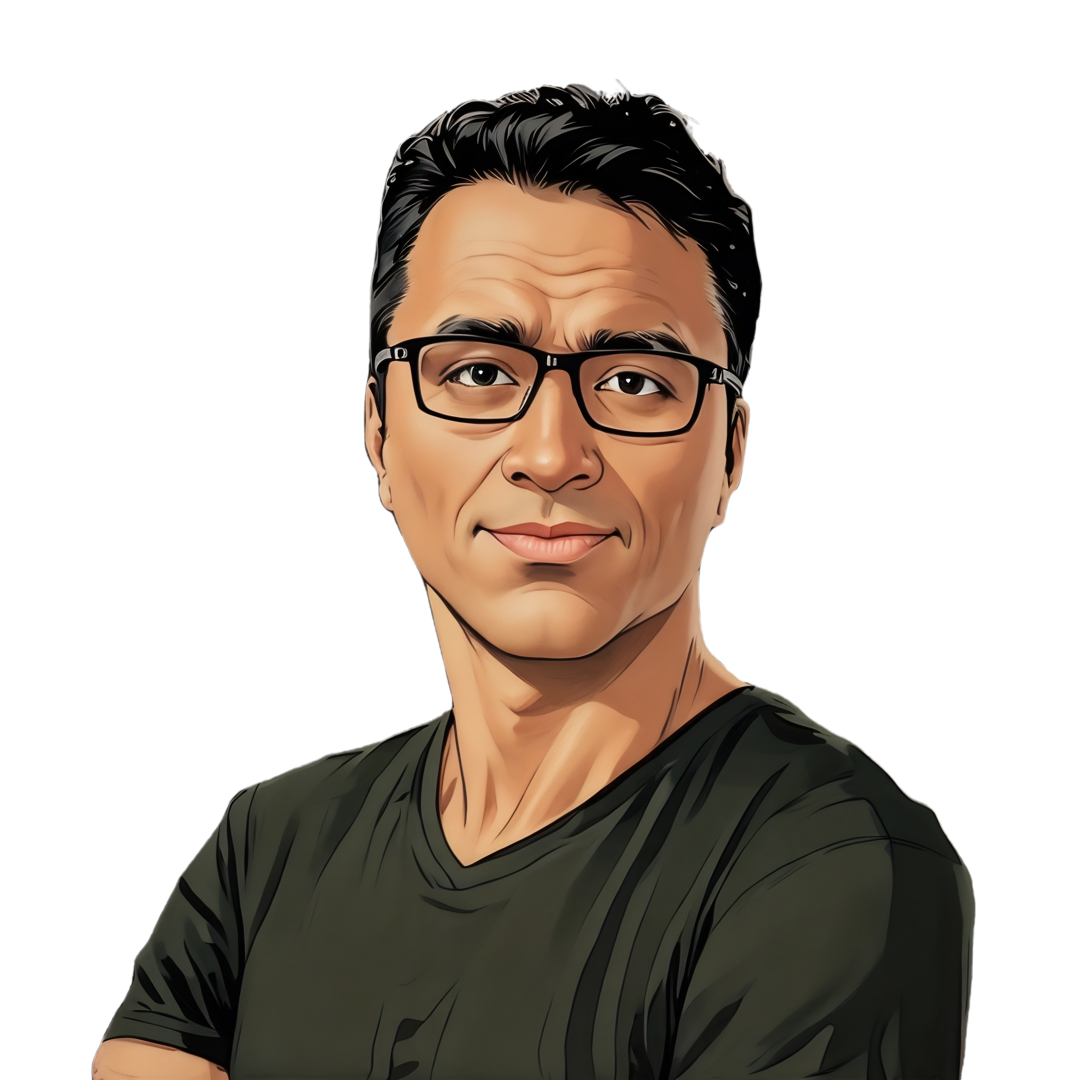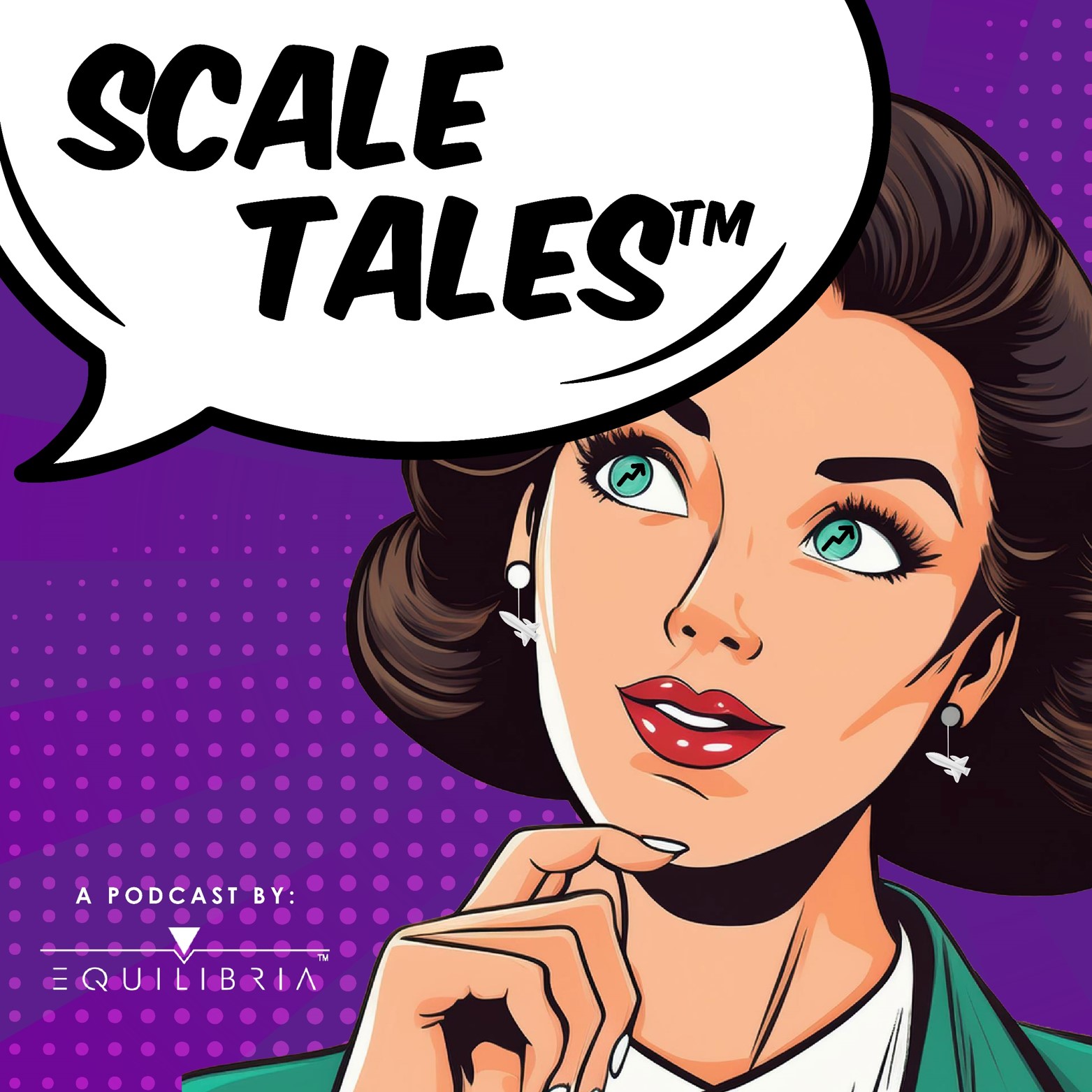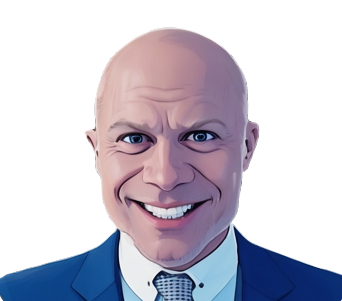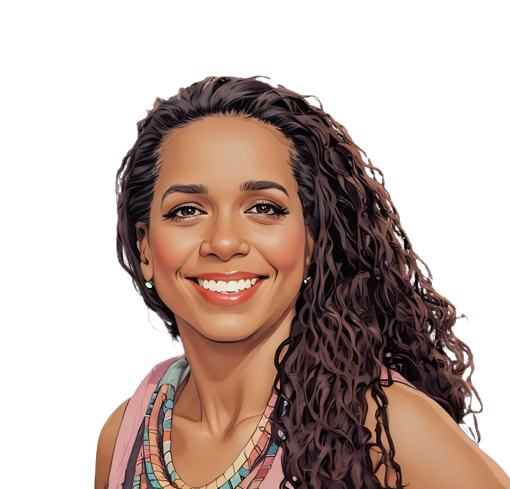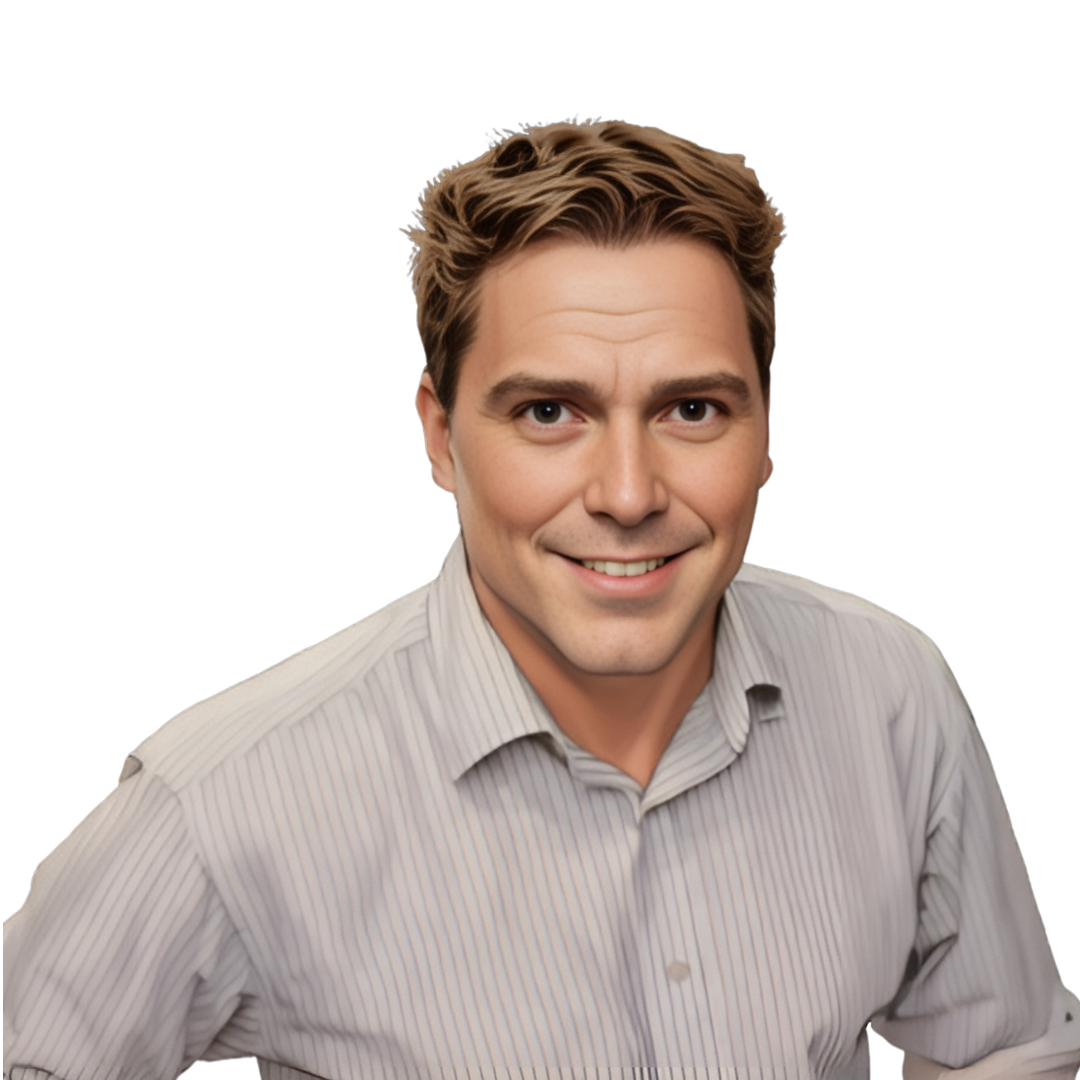Transcript
This podcast is brought to you by Equilibria, Inc. Did you know you can earn PDUs from listening to this show? It’s easy, accessible, and submitted directly to PMI. Keep listening to learn more.
Equilibria, Inc. Equilibria provides training to assist fast-growing companies in documenting and improving their key processes for maximum operational performance. Visit EQBsystems.com to stop the chaos of fast growth and start flowing today! EQBsystems.com.

Welcome to Scale Tales – the business storytelling podcast where entrepreneurs, executives and experts share firsthand accounts of those magical moments when they achieved something bigger than even they could have imagined.
As vast as planet Earth is, geographic boundaries are becoming less and less of a restriction to doing business globally. Aside from time zone and cultural differences, there’s one important factor that often proves to be an obstacle – language. After all, in order to get things done and have our projects and businesses be successful, we must be able to communicate…effectively.
You may not have the time to learn a new language and hiring a translator may not be worth the effort. That’s where technology can help. Imagine having an AI-powered tool that can convert text and voice into another language in real time. What could you accomplish with your team? How much quicker would things get done? How much larger and faster could you expand your market?
This is Ep. 37: How Engin Özer and His Team Developed Klassifier to Eliminate Language Barriers and Scale Global Impact
Hello, I’m Engin Özer. I’m the founder of Nevitech. I’m currently living in Istanbul, Turkey and this is my scale tale.

It all started at 2016. I set up my company and it was on two branches. I have a background of software consultancy and actually I have done it for seven years before I started my own company. There are two main branches of my company. One of them is software consultancy. Software consultancy is always the main revenue flex for my company. But there’s something that I always wanted to achieve. This is the R&D part.
We started working in one of the technology acceleration areas in Istanbul which is called Technopark Istanbul. And we started with only two employees and only two different objectives. We first started working on our indoor navigation application. This application provides navigation inside the buildings. Generally people use Google Maps to navigate outside of the buildings to go from point A to point B. But by the help of indoor positioning technology that we developed there, we help the people to navigate inside the giant buildings like shopping malls, like airports and giant hospitals that we have in Turkey.
So the idea was beautiful. We thought that in Istanbul we had a lot of shopping malls and whenever we go there it is very hard for us to find where we need to be. We spent a lot of time developing its technology and developing its routing algorithms and everything. We spent a lot of money that we earned from consulting. When we finished the product and we tried to go to the market, we saw there was no response from the shopping malls because we missed something from the beginning.
When we go there, the shopping mall owners told us that we will not giving you any money because we do not want such a technology. Whenever we deep dive in why they do not prefer this. We understand that shopping mall owners wants its customers to be lost in the shopping mall and they want people spent as much time as possible in that area. This was something that we didn’t think through while starting this project. And this is the reason why we failed this project. We have a working project, but it doesn’t fit to the market. Customers doesn’t want that.
Though they were disappointed, Engin and his team did not give up. They began working on their next idea.
We started thinking of new one. We always wanted to reach the cutting-edge technology. So it was the starting era of the artificial intelligence technologies. So, everyone was talking on how they managed to do some predictions with some certain algorithms like logistic regressions and gradient boost and other algorithms. We thought that it’s a process and there is another concept like no code platforms.
We thought that we could merge this to be able to give the end users the ability to use their data to get whatever model they want. The idea was that the only thing you need is the business idea and legacy data. After that, you will upload this data, choose the algorithm you want to use, and you will just click something and your machine learning models will be created by our platform for you. This was the idea. Actually we spent a lot of time developing this project and we have end product too. But whenever we tried to market this to the data scientists and the data teams and we saw that they are not interested.
Whenever I ask someone whether or not they can use our product, they told me that,
“We are already doing that by coding. Why should we use this product? Because we are already competent of coding.”
So we thought we could reach to the end users. So we tried the end users. On the end user side, we realized that they do not want to work too hard to achieve that kind of thing. They need to prepare data, they need to clean the data, upload it, and they will need to see the results and evaluate the results. This is something that is not achievable for us. We saw that we can develop very good models on no code platforms ourselves. But when end customers logins onto our system and tries to develop something, they always make some mistakes and the idea that they are doing is not correct. So this is our second failure story.
The second failure story. But this time it was different. This time, Engin and his team realized that they should invest more into that R&D branch of his company, Nevitech.
We saw that we still missed something from the beginning, that we need to look for the use cases and the markets for the project before we can start. The reason that we fail two times before we can continue on the third time is that I’m the only founder in this company and I’m a computer engineer and I have a background of always coding.
This is the reason that we failed two times. We can develop a very good working project and product. But the logic, the use cases behind the product, is always missing. So I realized that I cannot continue on working like this. So I decided to hire some marketing and business development people. On that part, I took a strategical decision. It was very hard for me.
There were two ways that can be followed. One of them is I can hire very experienced person for this. The second one, I can hire the last year student so that he or she will work with me and we will learn together. The first one will be very expensive and as I personally do not have enough experience on that field.
He could be manipulating me and that couldn’t be some success at the end of the day. So I prefer the other one I hired two people on the last year of their university. They worked with me half a term and after that they continue working with me on the business development part when they graduated. They know a lot of things about how to do business development, how to do marketing and the most important, they know how our product works.
I have done some other things too. Taking the mentorship from someone that knows the marketing stuff well. So this is one of the strategical decisions that I took too. We have some sessions with them and in each session we decide how to do a certain thing and it has a path on the success. When I started with my mentor, he told me that he had a plan and he showed me the plan how to do that and I believed in him. So we are still working with him since then. It has been about two years that we started with him. Since we started, we have given a lot of progress.
One other thing that we decided to do while doing something new on this project is we decided to take feedbacks from the markets by joining some exhibitions, summits and events. We joined first our exhibition last year. At the beginning we had a product and this product has just started to create prebuilt models on its own.
What I mean by this, at the first phase we provide our users a tool to create their own models. But our users are too lazy to build their models. So we gave them special models and high accuracy models that they can use whenever they want and they can integrate wherever they want with the APIs that we are providing. This is our second approach and this is the more successful as far as we can see at the first phase.
The second software development failure Engin mentioned earlier likely led to this new approach of building models that end users can integrate into their existing tools for use as they’re needed. By the time they went to their first exhibition in April of 2024 in Istanbul, they were ready!
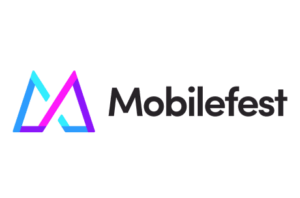
It’s called Mobile Fest. We have seen a lot of attention on our product, but we have seen a lot of feedbacks too. This time real humans are coming to our booth and telling us about their needs and their experiences and their feedbacks about our product. This was the first time that we have heard about if we can implement speech to text technologies into our application.
There will be a good use case for certain customers because a lot of people were asking us about that. So we started developing this model and by creating this model we worked hard and our business development progress was still ongoing. This time we were trying to get our business plan. We are trying to get market size, we are trying to understand the potential customers, personas and everything.
Six months later, Engin and the Nevitech team had a newer, better product as a result of the direct feedback they received during Mobile Fest.
At the end of October 2024, we created another version of our application. We developed so much since the first one and we developed a custom Spatio text model in our next exhibition which is Jitex Global in Dubai.
And this time we were seeing a lot more attention because this exhibition has more customers, more people are visiting us and people all around the world is visiting us. This time we see people giving us some feedbacks and we have seen some people started using our application and we have seen some more potentials to collaborate, some new partnership opportunities. So when we see we can make progress on exhibitions, we go on. On November we take another one in Istanbul. On February we take another one in Qatar and on we are in April 2025 and we take another one in Istanbul too.
On this event – this is our best event, I can tell you that because we have completed our product at this time, we completed what we are suggesting. We suggest that our application is AI-powered text and voice analytics. And we give a complete and high accuracy text models that our users can use and integrate through their systems with APIs. But we give our users a way to get the translation in real time and we use this application.
On the conferences of this event, for example, there were two conference rooms and they choose three languages. Whenever the speaker was speaking in Turkish, the translation were given in English and Arabic. It was simultaneous translation and many people were using this. This was the first time that we were using our application in real venues. This is the very good point for us to get some reference of our application.
In other words, Engin and the Nevitech team hit paydirt! All the hard work participating in different exhibitions or conferences and software development paid off! It led to some important lessons for Engin.
Whenever we change our method and get some help from the experts, we have seen a lot of progress and we have seen a lot of customers are registering to our platform. I can tell you that before we implement this kind of things, our user capacity worth about 100.
But right now we have more than 600 cloud users on our application. This is something that we achieved along the time. And we didn’t give a lot of expensive advertisements to Google, to Instagram or wherever we want. We only tried to communicate with correct people and get feedbacks of real people.
This is something that we care too much about because on the online part, whenever we tried some Google advertisements, there were some tractions, but these tractions were not relevant for us because people not related to our industry and our use cases were trying to log into our application. But whenever we see real people on the field, we see real feedbacks. And after getting these feedbacks, we managed to give excellence to our application and we tried to market this to another sectors.
Right now our applications first aim to give translation to online meetings like Zoom, online conferences and physical conferences. This is our first use case. The second use case is some different. We have three different models in our application. One of them is speech to text. It can convert regular human speech to regular text in more than 50 languages.
We can give some translation and we can generate voices from regular texts. We can do this in 21 languages too. That means we can give translation for more than 400 language pairs. This is something that we manage right now and we are going to extend this with new languages because there are some demands on low popular, least popular languages like Kyrgyz language or some Farsi language and we have seen some demands on that part. So we will be looking to generate some new voices on these languages so that we can attract more people.
This is a journey actually we started from technical points and we have come to a point with mixture of technical and business. So we will go to the market donation hopefully in two years. This will be our achievement.
What a great story! Engin did the hard work of starting a business, finding customers, and building a product with growing demand. But it made me wonder, what led to him starting a business in the first place?

Firstly, I’m a computer engineer graduate. The first possible opportunity that I found was on Oracle Technologies. In my second job, After that, I started a new company. In this company, I was giving Oracle E business suite ERP consultancy to our customers. It was very exciting for me. I was learning new things every day. When you are giving consultancy, it is a very busy work. You work hard, but you see a lot of customers and a lot of ways to work. I was very happy working in that environment.
But everything changes. Oracle stopped investing in Oracle E business suite. They decided to split this whole ERP into cloud custom solutions, so my expertise became obsolete. When I saw that, I thought I need to do something else.
I started to do some freelancing at 2013. This is where I started a small personal company and did some projects about Oracle, Java, and etc. I learned how to manage a company on a small scale at that period from 2013 to 2016. I saw some ways to make business, generate revenues, and whenever I saw an opportunity in an insurance firm in Istanbul in 2016, I decided it’s my time, I’m starting my own limited company. And this is how Nevitech is founded.
Engin’s entrepreneurial journey is a testament to adaptability and seizing opportunities as they arise. When Oracle shifted focus, he didn’t just stand still; he pivoted to freelancing, gaining valuable insights about what it takes to run a business. Those insights laid the groundwork for founding Nevitech, which brings us back to the beginning of his scale tale in 2016 when he and his small team began developing that indoor navigation app for large malls.
I started working on that at the end of 2016. we had only one developer on that part and he was also a new graduate. So it took us one and a half years to complete that project. After that we were able to go to the market with the customers.
So I can tell you that it was 2018, that we go to the market to check the attention.
Engin’s journey highlights the challenges many face when developing new technology. We now know that initial rollout didn’t go as planned, but it’s a testament to resilience and adaptation because by the following year, they were testing that second app he mentioned – the no-code solution.
This discovery was made about 2019 because, you know, machine learning and artificial intelligence were so popular. We thought that we were earning good money from consultancy work. But we always want to convert our company into a product company. We will need to learn how to implement this kind of technology into our applications. This was a way to implement and learn how, how things works.
We started developing this application and we understand it is not working at 2020 when we go to markets to check attraction with some AI guys, some business intelligence people, and there’s some mistake that we were doing. I understand this right now because technical teams do not want to use this kind of products because their main purpose is not to use something simple. They only want to deliver what they are needed. If I develop a product that will make them obsolete, it’s something they will not like.
We realized that at 2020, this is our second failure.
These two failures highlight a critical lesson for anyone venturing into product development: understanding your target audience’s needs is paramount! I don’t know about you, but what really intrigues me about Engin’s scale tale is that he mentioned there being an R&D component to Nevitech. R&D. That stands for Research and Development. So I asked Engin, if R&D is the other component of his company, is it fair to say that they didn’t use it when developing the products that led to the first two product failures? Could those failures have been avoided had they leveraged their R&D division?
Yes, that’s correct. Because on the technical side we have the research part, but not doing the business development is a very failing thing If you want to have something to be successful, you need to evaluate if it will be working on behalf of some people. Whether or not some people will pay for this . And this payment will be enough to sustain the growth of this product.
This will be the first step before you can start the R&D. This was our mistake. After we learned about that, we tried to understand the market, get feedbacks from the markets and evaluate the markets. We tried to make business plans before we start developing something. So this is the point that we managed to get success.
But before reaching success on the product development side of Nevitech, you might be wondering how Engin was able to sustain his company during the financial setbacks caused by those two failures. After all, so much of his own money was funneled into product development.
It’s my own money that I was burning. I started with two employees. One of them was the main income influx and the other one is the cost influx. So I tried to build a structure that is self sustainable. For example, our company is still working on the consultancy part and there are some revenues going on there. This is how we managed to find some revenues to sustain our projects. Right now we can run eternal sprints with our income, but this is not the point for us right now.
We changed our mind. We think that we need some investments from real investors and these investors need to be opening new doors and showing us new perspectives so that we can extend more quickly. When you do not get some investments, there is a certain limit that you can make this scale. But when you meet the right person and when you get the right amount of money from them and when you stop relying on the money coming from the consultancy, I believe this will be the next step for us.
And this will be the point that we jump from 3x to 100x for example.
Now that’s scale! Speaking of scale, Nevitech now has more than 600 users of their latest product. That product is called Klassifier. Klassifer is a web-based app that you can use on your phone or laptop. It offers real-time, one-way translation in over 50 languages.
Our application has changed a lot. There are two or four different models when we started only one year ago. But right now we have a lot of other components because we see a lot of demand and we see a lot of use cases on different sectors. So we extended through our application.
From just one promising model a year ago to multiple now, Engin and his team’s ability to pivot and expand in response to growing demand has been…remarkable. Coming up after the break, Engin will dive deeper into how he navigated the complexities of scaling his business internationally. He’ll also share some surprising insights on adapting to diverse markets and the unexpected challenges he faced along the way.
And, if you are part of our Smooth Operator community, you can also watch Engin give a live demo of Klassifier and discover how you can integrate it into your online meetings and live conferences.
Are you a certified Project Management Professional? Just imagine, you can literally listen and learn while you earn credits. Yes, even while you’re taking a long walk, driving to or from work, even while you’re on an airplane. The good thing about our podcast episodes is that you don’t have to watch them in order to earn your PDUs.
In three easy steps – Visit ScaleTalesPodcast.com, sign up for a membership, take a short quiz and we’ll submit your credits to PMI. Yes, it’s really that simple and all at a price that makes this information accessible wherever you are. No gimmicks, no games. It’s really that simple! ScaleTalesPodcast.com.
Welcome back! Before the break, software engineer turned entrepreneur Engin Özer, who shared his insights on the pivotal moments that shaped his career and his innovative approach to software product development. Now, Engin will unravel some of the groundbreaking projects he’s leading and the future of AI powered text and voice analytics on a global scale.
But first, I asked him if we could do a bit of role play. I asked Engin to imagine we were back at the Web Summit conference in Doha, Qatar where we first met. This is where Engin first gave me a demo of Klassifier. And it was the perfect setting. There were over 15,000 people at this conference
But first, I asked him if we could do a bit of role play. I asked Engin to imagine we were back at the Web Summit conference in Doha, Qatar where we first met. This is where Engin first gave me a demo of Klassifier. And it was the perfect setting. There were over 15,000 people at this conference with multiple languages spoken. In fact, when I attended a presentation by the media powerhouse, Al Jazeera, some of the speakers spoke in Arabic. So, if I open the Klassifier app on my phone, what happens next?
This application, It’s a one-way translation. That means there would need to be one speaker and many listeners, one speaker will start in their own language. It could be any of them. There is more than 50 languages on this part.
Once the presentation starts, the speaker can share a QR code that end users or participants can scan with their smart phones to begin listening to the content in a different language. For example, I can begin listening to what the Arabic speaker is saying in English.
This is an application that has maximum delay of 8 seconds. That means we match the speed of interpreters. So there is no need to have very expensive interpreters that can translate only one language. We can give up to four languages instantly. This is our first phase.
I must admit, this is so cool! If you work with people on your team in different countries where their primary language is not the same as yours, Klassifier can be a game changer for being able to communicate effectively. Language can often be our biggest barrier to getting things done effectively. This is why Engin is excited to share other ways Klassifier can be used to shape the way you work with your team.
We are planning to have a seamless integration with meeting applications like Zoom Teams and other platforms.
We are working with a Canadian translation company. They are using Zoom’s interpretation options to give human interpretation for their customers. So we are thinking of integrating our application with something similar to that.
Whenever they click the Klassifier button on Zoom, they will start using our application and it will be seamless integration. They will not have third party URLs.
Engin’s vision for seamless integration with meeting platforms like Zoom and Teams is truly innovative, especially with the addition of human interpretation services. And with big visions comes the need for bigger teams. So, how many employees does Nevitech have now?

We have a total size of 70 people and 7 people working on this project full-time. Many of them is working on the customer projects. So you know, there should be some money influx to finance this project.
That’s a smart move! As we start to wrap up this scale tale, Engin wants to make sure you know how to sign up for Klassifier.
There are two options. One of them is you fill this simple form. You will write your name, surname, email, password and you will need to agree the contract forms and You will just click to sign up. After that you will have a confirmation email You just click Activate Account and you start using this application with your own username and password.
The easiest way is you can simply use Google Login.
And I’m assuming that your app is available on both the iPhone as well as Android?
Yes, it’s available on both parts, but it’s a web application actually. You don’t need to download anything. This is the best, coolest part.
But wait, there’s more!
I want to show the other things that we have in our application then we can close. We only show the part that has the real-time speech translation.
But we have three components. One of them is the transcription component. It will only give you the transcription of your speech. It could be real-time, it could be some videos, it could be some URLs. And this application can give you the transcription. On this text-to-speech part, you can generate and download voices and you can use it wherever you want. This is the second part and there are some models that you can use right away with this application.
One of them is the sentiment analysis part. It will give you the sentiment of the sentence you entered. Whenever you say “Your disappearance will be good for us,” it will be a negative sentence. This model detects the real meaning whenever you try to understand the structure of this sentence. This looks like a positive sentence, but its meaning is negative. Our model can detect this.
The other model is the offensive language detection. These models can be used on social media analysis and disk models to detect the mood of the customer while contacting the call center agent or chatbot agent.
We have four more models. One of them is the profanity curse word detection. We can detect emotions like sadness, happiness, and everything. Entity recognition is one of the coolest features that we are using. This can identify the special parts in sentences. We use it with our insurance customer and they manage to automate their incoming bank transfer transactions with this model. They extracted policy numbers, the payment type, some names, some numbers, and by doing so, they managed to automate everything. They saved a lot of time and money.
This model can extract “Turkey” as a country, “Altatrik” is a person, “1923” is a date, and “Anchor” is a city. Topic detection is something that you can write a paragraph or a sentence on this part and it will detect what this is talking about. This is the model that we are providing. We provide all of these models not only on the screen, but also through APIs and we give the options to our customers that they can start integrating these models into their applications with their own cloud package.
Well, Engin, this has been amazing and thank you! This was a bonus by showing us how Klassifier works, what it looks like, and we will definitely encourage everyone who sees this and listens to this to definitely sign up and test it, especially for those who find themselves in situations where there are multiple languages being spoken. How do I say thank you in Turkish?
Thank you, my friend. Thank you for coming on this has been a pleasure and I hope we can do something together soon.
I hope so. We will see you in Doha.
It’s fascinating how Engin’s journey with Nevitech started with a vision to innovate indoor navigation but quickly pivoted as he learned the importance of market research and business development. From there, he made strategic decisions like hiring fresh talent and seeking mentorship, both of which played a pivotal role in reshaping his approach to software development.
It’s been said that the third time is the charm and, considering the success they’ve had with Klassifier, that’s certainly seems to be the case for Engin and the Nevitech team. Here’s a recap of some other important lessons learned from his scale tale.
- Market fit is critical. Having a cool, good or even great product or service means nothing if there isn’t a market for it. It’s a recipe for burning through cash.
- Balancing cash flow while pursuing innovation is no small feat. Engin had a lifeline through the consultancy component of his business. This helped him to funnel money into the R&D component.
- You must have skin in the game. That is, you often have to invest your own time and money when developing a new product or service. Once you start to gain customers or users that gives you the social proof often required to attract outside investment.
- In the beginning stages of product development, cash flow is often tight. Hire people immediately out of university who can learn with you. They also won’t require as high a salary as more experienced people.
- Participate in conferences to directly interact with potential customers or users. The feedback they can offer is priceless.
- Get help! If you are good with the technical aspects of your business or project and not the sales, marketing, or business development aspects, then hire or recruit people to your team who do have those skills.
Whether you are a project manager, team lead, or even a founder/CEO, I am confident that you will find Klassifier to be a useful addition to your communication toolkit. A special thank you to Engin Ozer. It was midnight in Turkey when he did this interview, so I’m especially grateful to him for taking time to share his scale tale.
You can find out more about Klassifier at ScaleTalesPodcast.com. That’s ScaleTalesPodcast.com. Don’t forget to sign up for a membership while you’re there so that you can see the video version that includes Engin’s demo of Klassifier. Membership is only $9.99 per month for unlimited access to this demo as well as previous episodes containing special offers for our listeners.
If you are a PMP interested in earning a PDU for listening to this episode and others, then you can also visit ScaleTalesPodcast.com. Once you’re there, click the button that says, “Get CEUs/PDUs Credits,” sign up for a monthly membership, and we’ll make sure we submit your earned credit to PMI.
Thank you for listening! If you learned something valuable from this episode, please leave us a five-star rating and review wherever you’re listening.
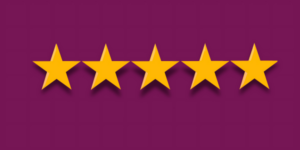
I’m Alicia Butler Pierre and I produced and narrated this episode. Additional voiceover by Clarence Levy III. Audio editing by Olanrewaju Adeyemo. Music production and original score by Sabor! Music Enterprises. Video editing by Gladiola Films. Show notes by Hashim Tale.
You’ve been listening to Scale Tales, a podcast by Equilibria, Inc.








